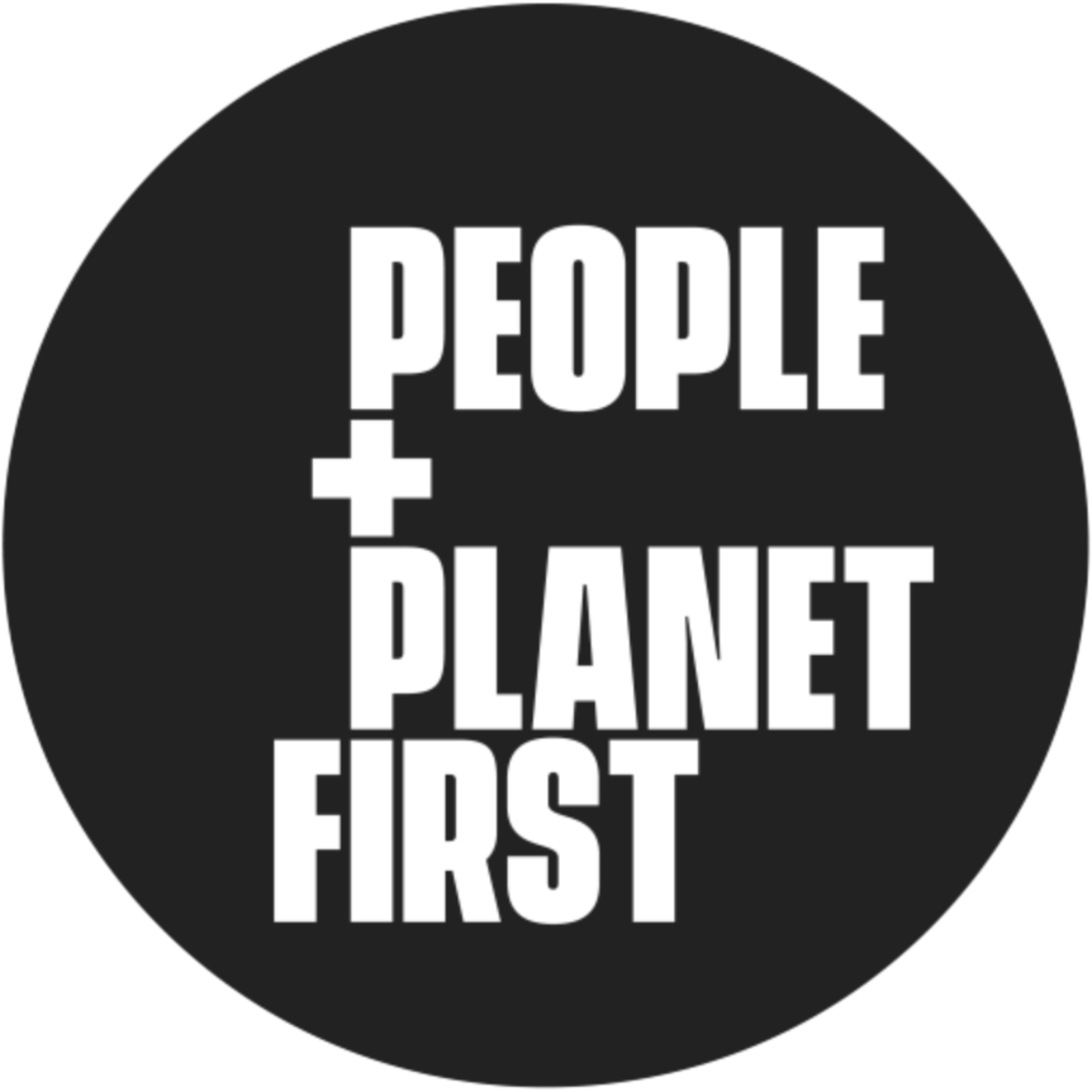Abraham expressed how hesitant he was to share his story with our team. Since beginning his work in the artisan sector, Abraham has watched as companies have used his story in ways he did not consent to. “I don’t want people to feel sad and sympathetic towards my story,” he said, “I want them to feel empowered.”
Just as Deborah Swerdlow explained, Ethik believes that “There’s a fine line between telling a person’s story and using their story, and between empowering someone’s voice through storytelling and exploiting them.”

Handcrafter Creating a Vase.
Across sectors, storytelling is a powerful tool that is used to call people to action, connect with others, and market an organization’s services. It is one thing to read about how equitable and dignified work increases life outcomes, and another thing to learn about the renewed hope a single mother experiences after beginning a job at a workshop like Mabira Collective. Putting a face to the issue creates proximity by increasing our empathy and understanding towards others.
This past year, we have sat virtually with dozens of artisans to learn about personal handcraft experiences. Before each interview, we communicate a system of expectations and rights that aims to protect artisans from exploitation during the storytelling process.

Women in India
As Abraham opened up to our team, we listened intently to his life experiences. Like each of us, his story is composed of hardships, triumphs, losses, and successes. We took great care to write the timeline of his life, hoping to encompass the full scope of his humanity. After his story was written, it was sent to Abraham who enthusiastically approved. “Well done” he said with a thumbs up.
Jenna, Ethik’s Head of Impact, explained: “It is incredibly rewarding to know that our artisan partners approve of the stories we share of them because protecting their rights is at the very heart of our business. Our stories are a part of us and each of us deserve the right to decide if and how they are told.”

This interaction with Abraham has pushed our team to further develop our system of consent, where we can feel confident that the stories we are sharing are dignified and ethical. Before each interview, managers and artisans review the following documents before signing and initialling to signify their understanding (a copy of these documents are included at the end of this journal for reference). In order to accommodate for language barriers, we ensure that translators are used when English is not the preferred language.
There have been several occasions when we have let go of beautiful, heart-filled stories that we did not have the consent to tell. Our deep commitment to protecting the dignity and rights of our artisan partners is a value that extends to every aspect of our business.
To read some of our artisans stories, follow along on our Instagram and subscribe to our newsletter.










